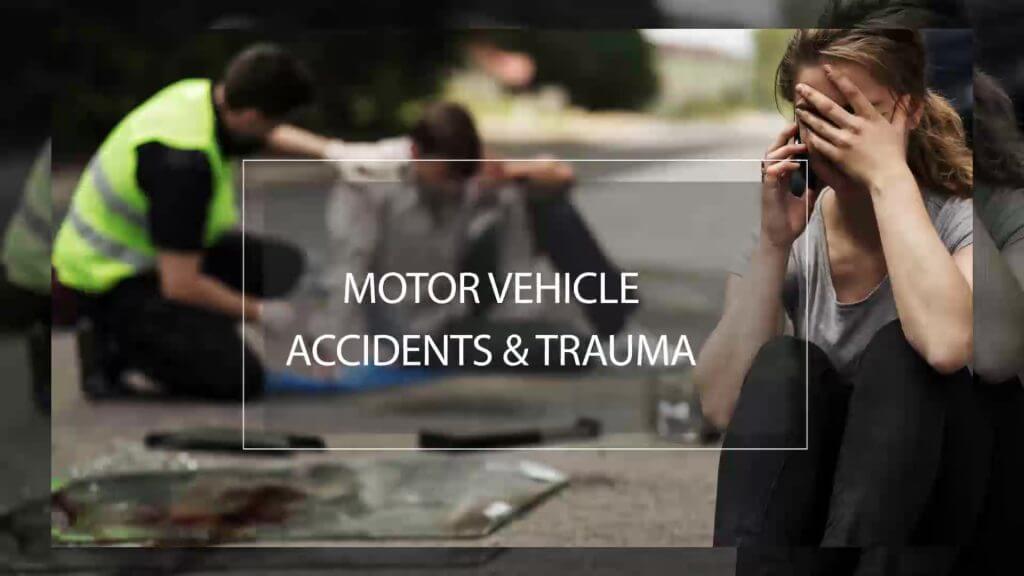
Disclaimer: We are not endorsed by any lawyers, treatment providers, or ICBC. We are not legal professionals, so if you require legal advice or treatment advice please speak to a lawyer, or treatment clinician. The information provided is for informational purposes only, should not used for any other means.
If you find yourself in the unfortunate situation of being in a car accident, this event can change your quality of life. It may also impact your family, friends, employment situation, hobbies, recreational activities, or if your attending school.
Before you start to make your claim, it’s essential that you gather the following information:
Date of the Accident:
Time:
Make/Color/Year/Model of your vehicle:
Direction of Travel: (ie. North, South, East, or West)
What Street:
Nearest Intersection:
If there are any Passengers: (List their names)
Part of your Vehicle 1st impacted:
Describe Your Vehicle Damage: (Incl. Pics Taken)
Other Vehicle involved: (Incl. Color/Year/Make/Model)
Driver’s Full Name:
Driver’s Licence#:
Driver’s Plate#:
Other Vehicle Damage: (where/what?)
Photographs taken:
Witnesses: 3+ witnesses at least, Name and Contact Info (phone number and email)
Police: 911
File#: (given to you by police)
Officers Name: (ask for their card)
Ambulance: (if needed)
Write down and track any Injuries noticed from accident:
Hospital: Name, Address, Unit
What happened there?
Your Initial List of Injuries Sustained at the time of accident
Any Physical Injuries observed: (noting which part of the body)
ie. Head, Face, Shoulders, Neck, Hips, Hands, Feet, Mouth (dental), Back, Chest, Buttocks, Numbness, Tingling, Vision, Speech, Balance, Nausea, Arms, Ribs/Abdomen, Legs, Bruising, Abrasions; etc.
Psychological Injuries observed: (that are out of character)
Depressed Mood, Impaired Sleep, Stress, Restless, Memory Loss, Hypervigilence, Anger, Loss of Sense of Self, Alone;etc.
When Reporting Your Accident
Ensuring the accuracy of your report to ICBC is very important. Once you’ve made this initial report of all the details of your accident, and your injuries if you sustained any, it may be more difficult later on to change your statement. So before you report it, sit with those details for a little bit, makes some notes, and write what you remember in detail without any emotional included. Some of us think we’ll remember what was said or done but as time goes on or memory of the incident fades, so document it right away before it becomes a fuzzy blur. You may notice that trying to recall everything that happened in that accident and what your injuries are may be challenging while speaking with an insurance representative, knowing that they may also be recording the conversation and it will be documented by the adjuster.
Some have your personal information on hand, including insurance papers, and a pen. It can be helpful to also contact a lawyer prior to reporting your accident, but if that isn’t possible, you may want to consider consulting one afterwards.
You must by law report a motor vehicle accident to ICBC within 30 days of the accident (You have 90 days to provide a completed accident benefit application). Most common questions asked by the telephone administrator will be:
- Accident Details
- Your Injuries Sustained
- Your Employment Details
- Adjuster:
- Telephone:
- Email:
- Claim#:
After you’ve reported your accident, your claim will then likely be transferred to an insurance adjuster.
Accident Benefits
Learn more about accident benefits that may be available to you by reading more. For full details go onto ICBC’s website.
Part 7/ No Fault Benefits
Part 7 is also called “No Fault Benefits” which are legislated benefits available typically to any British Columbian injured in a motor vehicle accident whether or not they are at fault. “Part 7” refers to the section of the legislation and “no fault” refers to fault for the accident as not being an issue.
Types of No Fault Benefits may include but are not limited to:
ICBC will commonly pay a portion of treatment costs initially (ie. chiro, physio, massage therapy, acupuncture, psychology;etc.) depending on the type of treatment. The remaining treatment cost is known as a “user fee” and is reimbursed as an out of pocket expense or special damage at the time of settlement, but only if you were not at fault for the accident.
Medications: An injured person may be entitled to reimbursement for medication.
Wage Loss Benefits:
Temporary Total Disabililty – If an injury has caused an individual to be temporarily disabled from working, he or she may be entitled to a disability payment of up to $300/wk.
Homemaker Disability: If an injured person is disabled from completing their household duties, he or she may be entitled to reimbursement up to $145/ wk.
Death Benefits: Funeral expenses up to max of $2,500 are available if person perishes from an accident.
How To Apply for Accident Benefits:
Report the accident to ICBC within 30 days. Complete an accident benefit application within 90 days. Once you’ve begun your claim, the necessary forms will be made available to your to complete and return to ICBC in order to fund the benefits. (Current amount of benefit reimbursement can be found with your lawyer.)
Types of Treatments and Rehabilitation
Some of the common treatments and practitioner types are as follows:
Chiropractors
Massage Therapy
Physiotherapy
Acupuncture
Personal Trainer
Registered Clinical Counsellor and Registered Psychologists
*Please note: Ask your lawyer about other possible Accident Benefits. Some treatments and therapies may also be covered by ICBC but are not necessarily included on this list.


